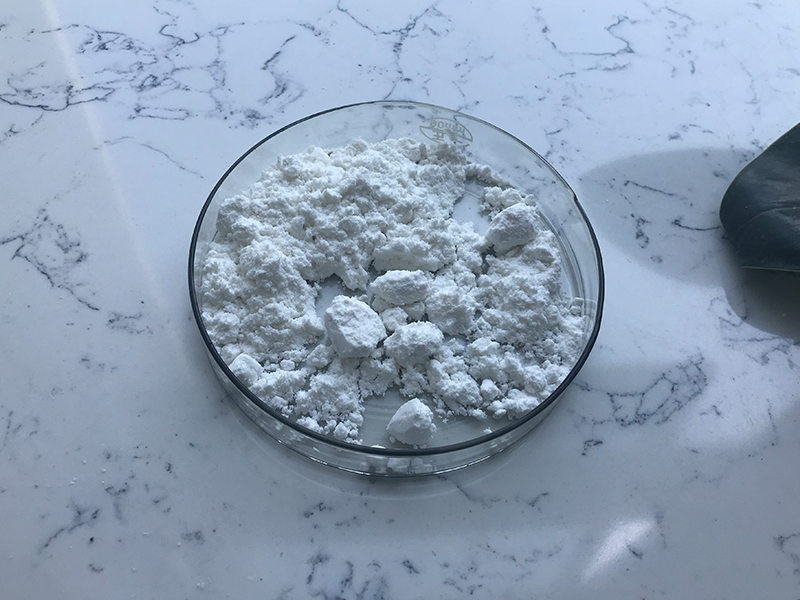Saw palmetto extract is derived from the berries of the Serenoa repens plant, commonly known as saw palmetto. It has been traditionally used as a natural remedy, particularly for managing symptoms associated with benign prostatic hyperplasia (BPH), a non-cancerous enlargement of the prostate gland in men.
Efficacy of Saw Palmetto Extract:
1.Benign Prostatic Hyperplasia (BPH):
Symptom Relief: Saw palmetto extract is widely used for reducing symptoms related to BPH, such as frequent urination, urgency, nocturia (nighttime urination), and incomplete emptying of the bladder.
Clinical Evidence: Research on its efficacy has yielded mixed results. Some studies suggest it may modestly improve symptoms comparable to prescription medications like finasteride (a 5-alpha reductase inhibitor). However, the American Urological Association (AUA) does not recommend saw palmetto as a first-line treatment due to inconsistent study outcomes and the availability of more effective prescription medications.

2.Hair Loss (Androgenetic Alopecia):
Potential Benefit: There is some interest in saw palmetto extract for treating hair loss, particularly male pattern baldness. It is believed to inhibit the enzyme 5-alpha reductase, which converts testosterone to dihydrotestosterone (DHT), a hormone linked to hair loss.
Limited Evidence: Clinical evidence supporting its effectiveness for hair loss is limited and not as robust as for BPH.
Safety and Side Effects of Saw Palmetto Extract:
Generally Well-Tolerated: Saw palmetto extract is considered safe for most people when used appropriately for short-term periods.
Side Effects: Common side effects may include mild gastrointestinal symptoms such as stomach pain, nausea, diarrhea, or constipation.
Caution: Individuals with hormone-sensitive conditions, pregnant or breastfeeding women, and those taking certain medications (like hormonal therapies or anticoagulants) should consult a healthcare provider before using saw palmetto.

Conclusion of Saw Palmetto Extract:
Saw palmetto extract shows promise in managing symptoms of benign prostatic hyperplasia (BPH), though its efficacy remains debated. It may offer a natural alternative for individuals seeking symptom relief without prescription medications, but should not replace prescribed treatments without medical advice. For other uses, such as hair loss, evidence is less clear and more research is needed to establish its effectiveness definitively. Always consult with a healthcare professional before starting any herbal supplement regimen, especially for chronic conditions.
